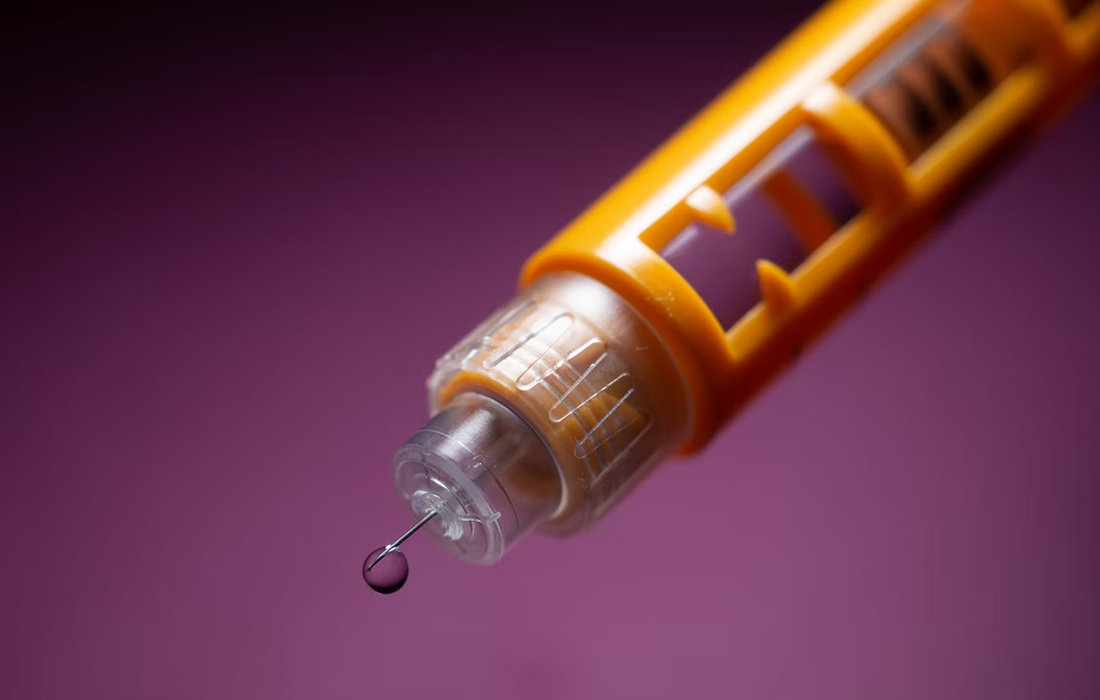Regenerative Medicine News and General Information
New Diabetes Drug May Help Restore Insulin-Producing Cells
Type 1 diabetes (T1D) is an autoimmune disease in which the pancreas produces little or no insulin. Typically symptoms usually appear until 80% of the β-cell mass has been destroyed, and absolute destruction of these cells leads to the dependence on exogenous insulin for survival.
Two strategies currently exist that focus on replacing the damaged β-cell mass in diabetic patients, involving either whole pancreas or islet transplantation. The problem is the shortage of organ donors and the associated side effects of immunosuppressive therapy.
Recently, a group of researchers from Melbourne, Australia found that the investigational drug GSK-126 can potentially restore insulin-producing beta-cells in Type 1 diabetes by inhibiting pancreatic EZH2. This enzyme inhibits genes responsible for the development of beta-cells.
For the study, the team examined the effect of the inhibitor GSK-126 on specific genes related to insulin production using human pancreatic tissues from 3 different donors, 2 non-diabetic and one type 1 diabetes donor.
In the diabetic patient, the team found that genes that regulate beta-cell development were silenced. They found that stimulating pancreatic cells with the drug could restore the genes responsible for developing pancreatic progenitor cells, or stem cell-like cells, into beta-cells.
The study’s results represent an important discovery in regenerative medicine due to the capacity to restore transcription of the insulin gene, providing evidence for beta-cell regeneration and possibly neogenesis.
Source:
Al-Hasani, K., Khurana, I., Mariana, L. et al. Inhibition of pancreatic EZH2 restores progenitor insulin in T1D donor. Sig Transduct Target Ther 7, 248 (2022). https://doi.org/10.1038/s41392-022-01034-7
Image from:
Photo by Dennis Klicker on Unsplash

